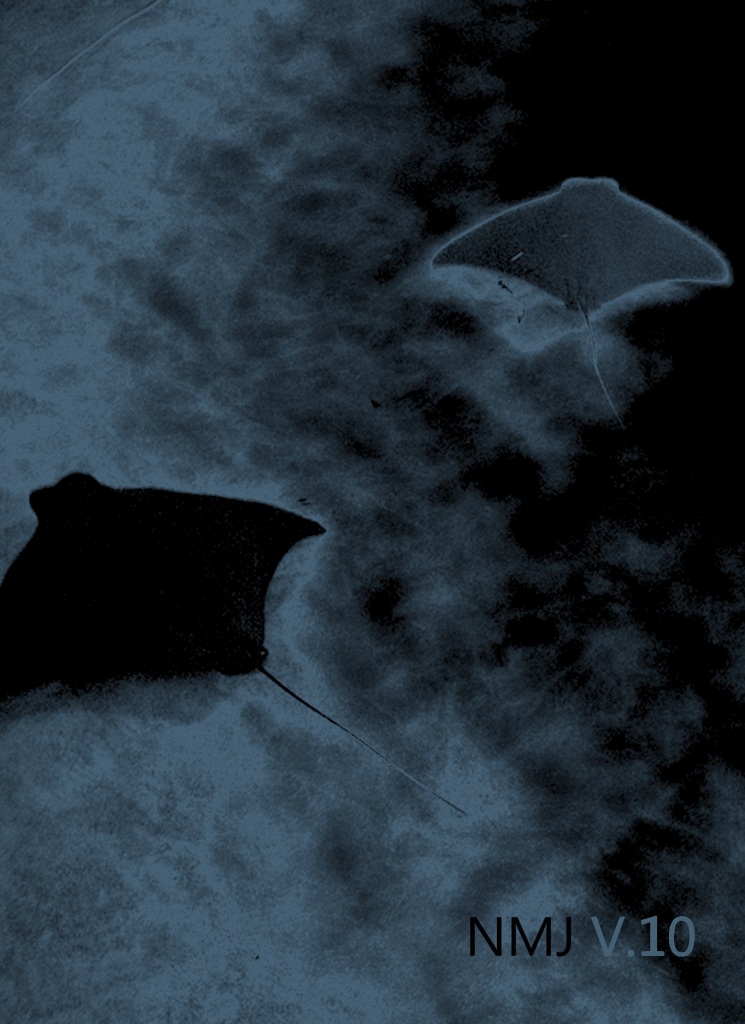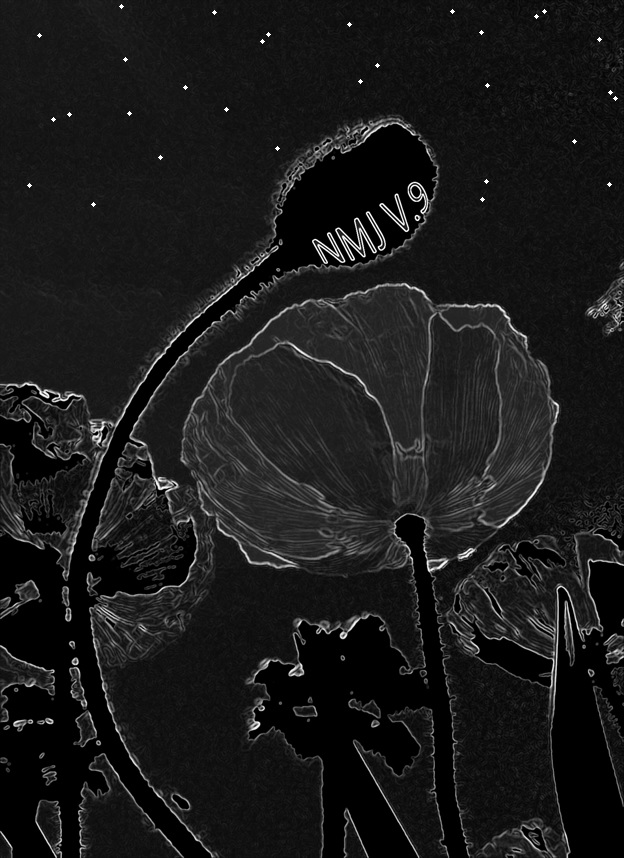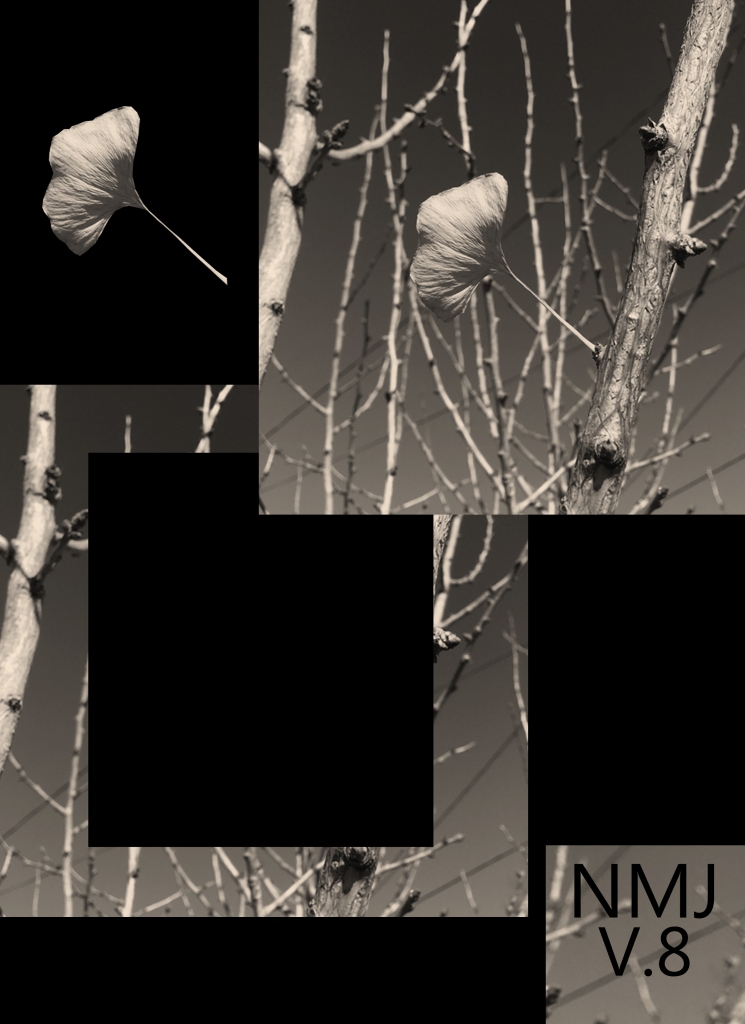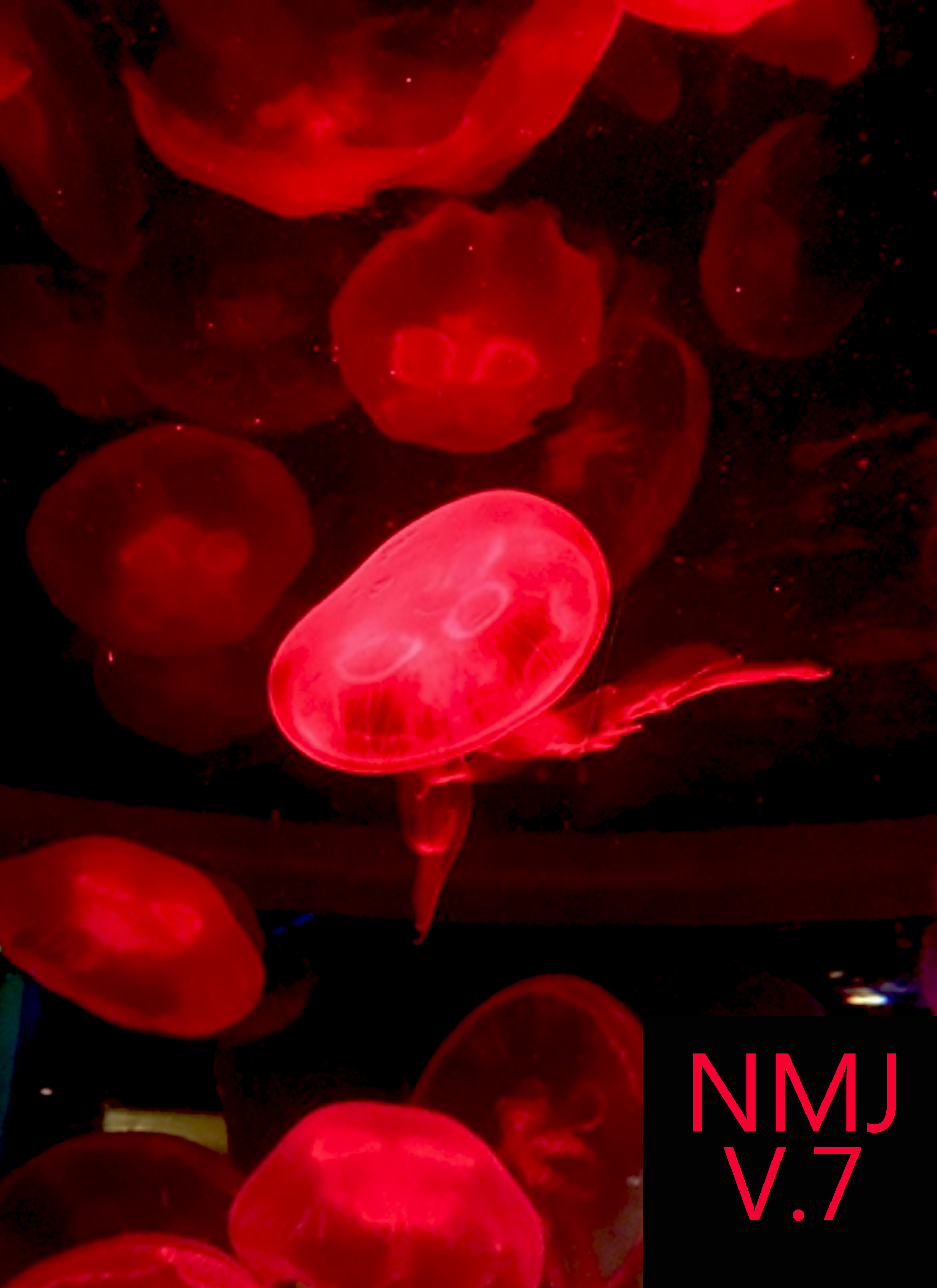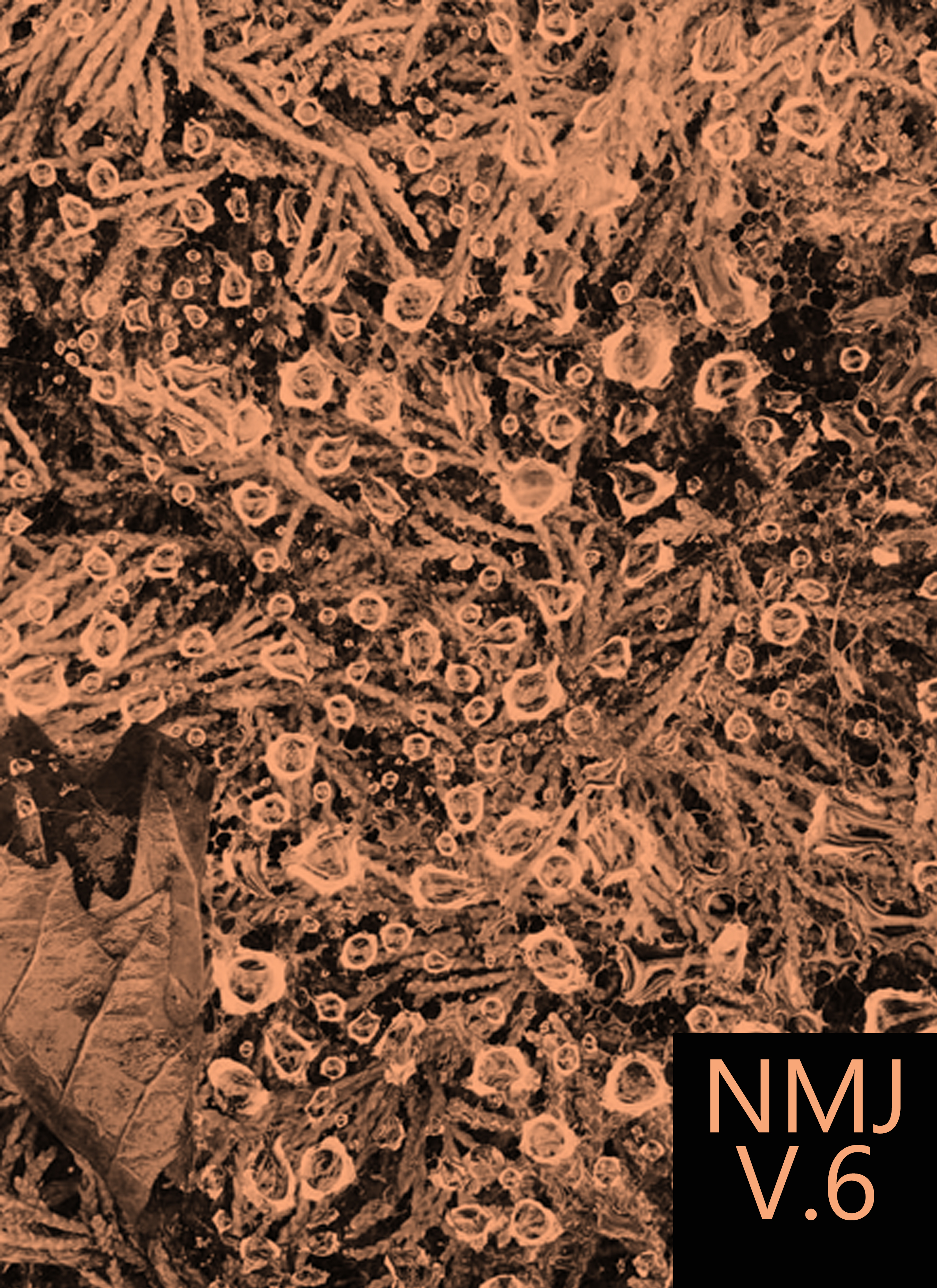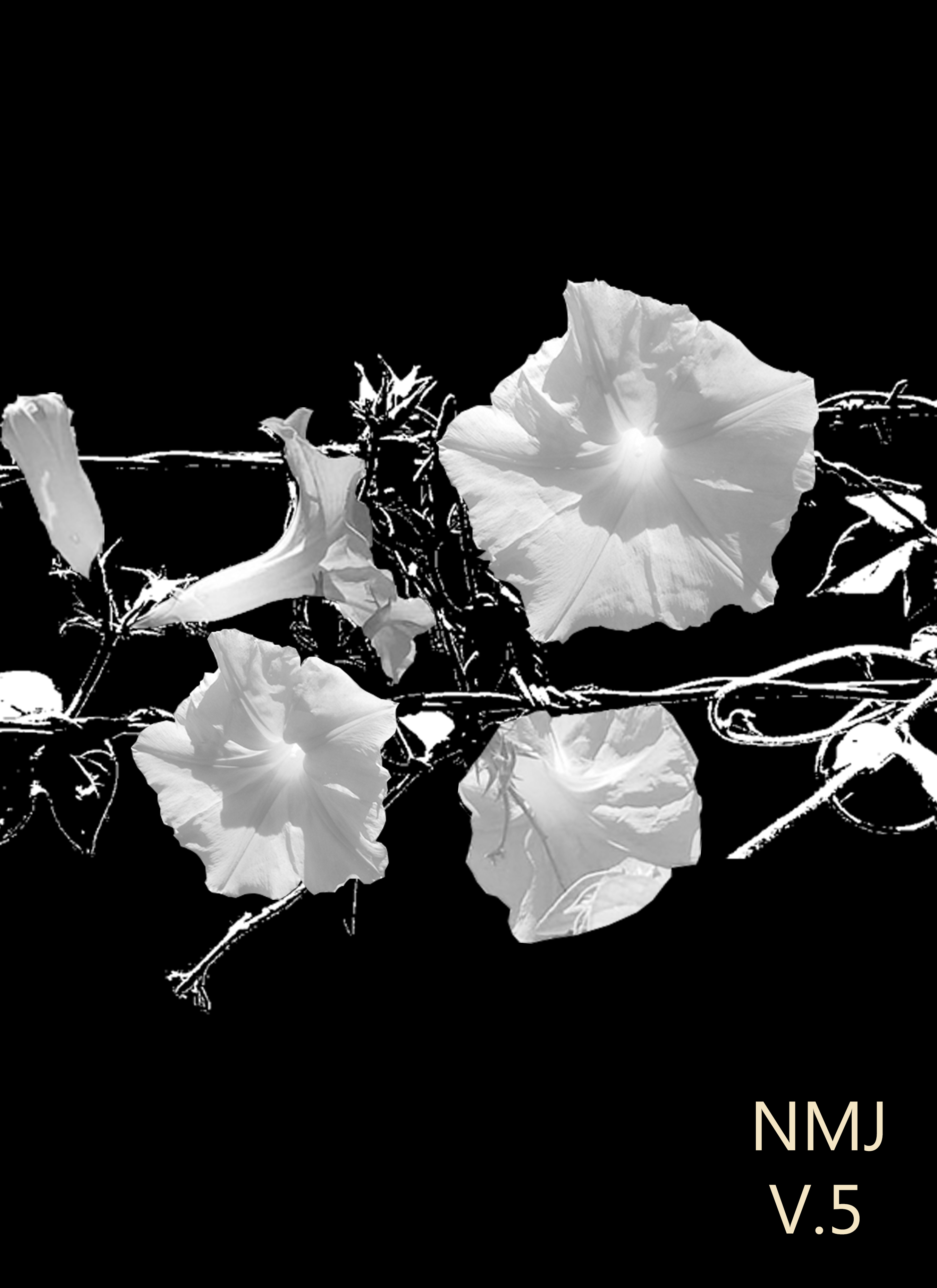Contributors: Featured Writer Karina Fantillo, Sophia Marshall, Deven Philbrick, Matthew Johnson, Kate LaDew, Manuela Williams, Kuo Zhang, Moriah Hampton, Yuan Changming, Rachel Tanner
interview
Lunar Notes: An Interview with Karina Fantillo
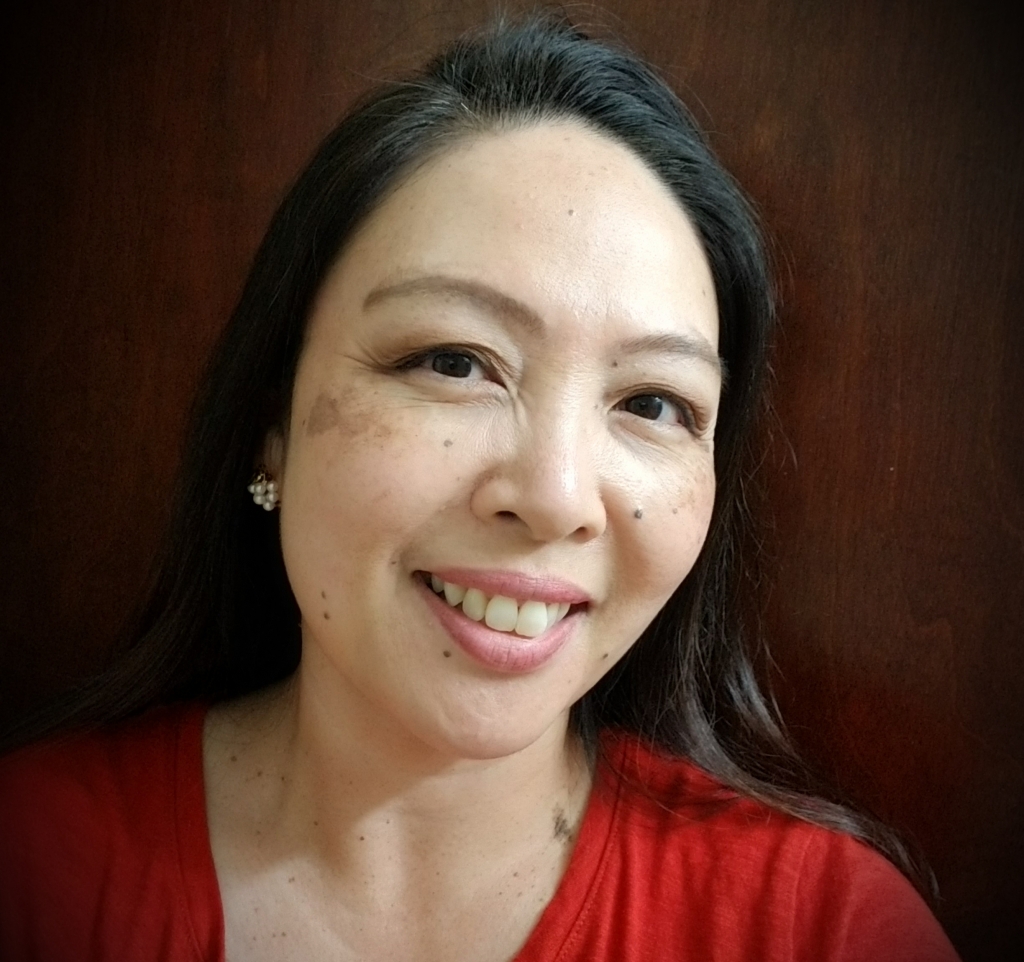
Karina Fantillo is a storyteller, dancer, daydreamer. Karina immigrated with her family at the age of 9 to San Francisco, where she learned about Filipino and American culture through folk dancing. Once an astute student of English grammar and its rules, Karina now writes poems in the first person in lower case and minimizes any use of punctuation. It is her stand against the infrastructures that deprived her of learning her native language and history in an American colony. Karina’s poems have appeared as San Francisco Public Library’s Poem of the Day and in The Racket. She is currently a third-year poetry fellow in the University of San Francisco’s MFA in Writing program.
Why writing? What pulls you into the page? What writers or artists first inspired you? Who continues to inspire you?
I started writing at about age 10. I had immigrated to San Francisco from the Philippines with my family a year earlier. Although I spoke and wrote English fluently (it was the only language I learned to write in school), I didn’t know anyone except my immediate family. I retreated inward and found solace in writing.
In Catholic school, I remember reading Emily Dickinson’s “I’m Nobody! Who are you?” I felt like she was talking directly to me. I also loved Shel Silverstein’s Where the Sidewalk Ends. The rhymes were catchy, but even as a child, I felt like there was a bigger meaning behind the poems. As a teenager, I read Maya Angelou’s I Know Why the Caged Bird Sings and that book taught me that there is beauty even through trauma.
So many amazing writers out there and discovering a new one is like finding hidden treasure. I will say that my favorite poetry book to date is Safia Elhillo’s The January Children. It is gorgeous in its use of languages, English and Arabic. Even though I don’t know Arabic, the poems still speak to me. I’m especially drawn to the historical, political and cultural messages in her poems. Elhillo educated me as a reader about Sudan and still made me appreciate the art of her poetry.
What are you currently working on, and do you have anything coming up that readers should know about?
I’m currently working on my first book-length poetry manuscript, which should be done before the end of the year. The manuscript includes the poems featured in this issue of Night Music Journal. The poems in the collection explore the feelings of identity, trauma, home.
What was the first thing you had published? What is the focus of your work and has it changed since then?
The first poem I had published was “ghazal for asian americans” which I wrote in response to anti-Asian violence during the COVID-19 pandemic. This poem was the result of a conversation I had with my Chinese American friend. I had her read it and it resonated with her, even though she’s not a writer. Instead of submitting to a journal, I wanted to share it with the community, not just literary. I was thrilled when it was featured as a Poem of the Day by San Francisco Public Library, an institution I grew up with. (Much thanks to Maw Shein Win for facilitating.) I hoped in this way, it would give voice to people in the community and help them feel seen.
What space does or should writing occupy right now?
I think writing has always been an opportunity to chronicle the times and make sense of the chaos. It is a form of revolution, and now more than ever, I feel we have a responsibility with our writing to create the world we want to live in once we emerge on the other side of this pandemic.
What advice would you give to a writer just starting out? What are some valuable things you’ve learned so far that have helped you grow as a writer?
I would say writing is like a muscle that we have to exercise regularly. Believe in yourself. Editors, teachers and mentors can give advice, but only you will know if/how that applies to you and your writing. Sometimes what we plan to write and what wants to come out may be different. Honor what wants to come out. In writing about trauma, I like to think that once I get it on the page, it’s one less thing I have to carry.
If you were the last person on earth, and you pulled the last book from a pile of ash, what do you hope it would be? Why?
I would hope it’s a photo book with pictures of how life used to be, so I can preserve it and remember.
You can read Karina Fantillo’s work in the tenth issue of Night Music Journal, which will be released November 19th.
Presenting NMJ Volume 9
Lunar Notes: An Interview with Featured Writer Michael Paramo (M.AZE)
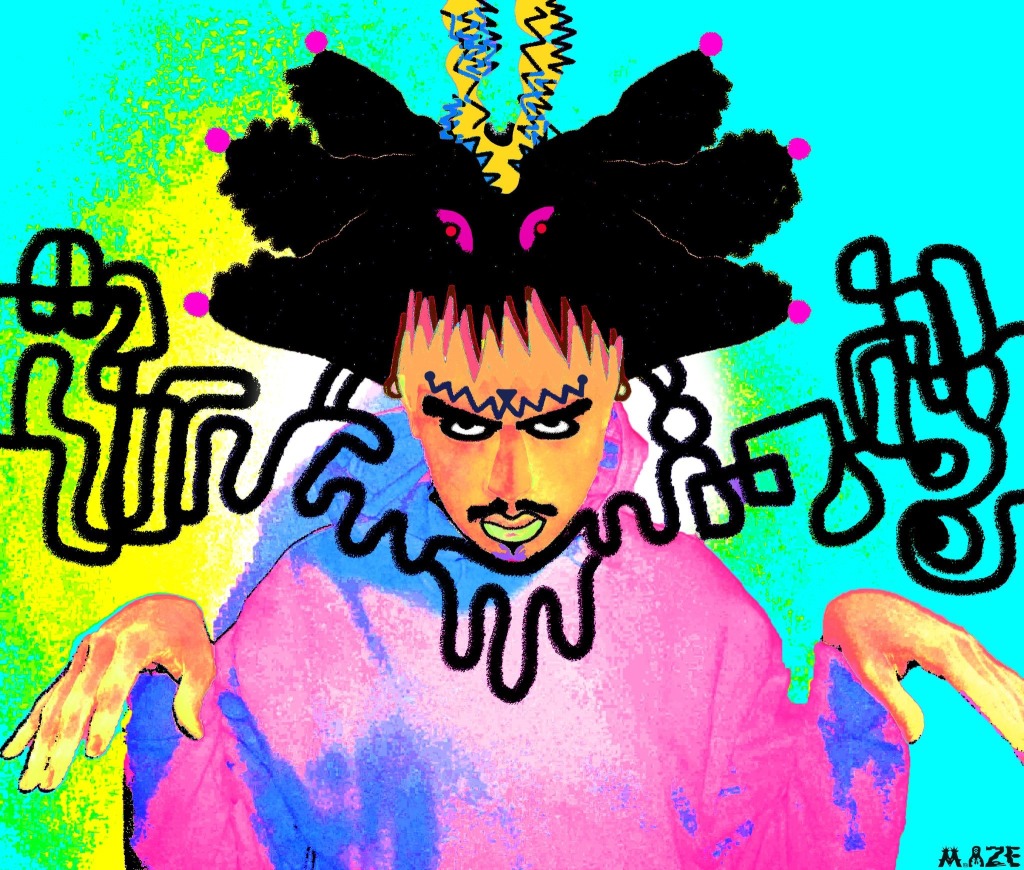
Michael Paramo (M.AZE) is a Queer Aze Mexican-American artist and researcher from the suburbs of north Orange County (which occupy the stolen territories of the Tongva/Kizh, Acjachemen, and Payómkawichum). They created AZE journal (azejournal.com) in 2016 (originally known as The Asexual), where they publish journal issues on topics intersecting with asexuality, aromanticism, and agenderness. They have been creating digital art with a focus on the self-portrait since 2018. Their work has been published in High Shelf Press and displayed at the second annual Art + Memory + Justice Symposium at the University of British Columbia. As a PhD student, they are studying the intersections of aesthetics and decoloniality.
Why writing? What pulls you into the page? What writers and/or artists first inspired you?
I was introduced to writing through the carceral logics embedded in Western colonial institutions, which teach students to write primarily for evaluation. The constant presence of a judgmental overseer (teacher) made writing feel limited, static, and restrictive. I was never writing for myself, but for someone else’s approval. So, you could say that my relationship to writing was ‘tainted.’
I did not realize until later that writing, like visual art, could be whatever I wanted it to be. Although I have not published many poems and was not formally schooled or introduced to poetry in educational institutions, I have written poetry from a young age because I am drawn to its freedom. When I feel the need to express myself in words, I find that it comes out most naturally for me in poetic language.
My mother is a huge influence on me, both as an artist and as a guide for navigating this space we call reality. Being in relationship with a person who cares deeply for you and is not afraid to demonstrate that care is always a benefit in this life. My grandmother is a poet, and I would not be surprised if this ‘passed on’ to me generationally. Artists in general are integral to my survival (I include the Earth as an artist in that statement). In the most difficult times, art and artmaking have helped motivate me to continue living.
What are you currently working on, and do you have anything coming up that readers should know about?
I am in the process of writing a book for Unbound publishers entitled Ending the Pursuit: Asexuality, Aromanticism, and Agender Identity. The book is currently available for pre-order via the Unbound website. One of the book’s central purposes is to analyze how mainstream conceptualizations of identity are historically rooted in colonialism and the subsequent imposition of medical discourses which pathologized various aspects of human experience as ‘abnormal.’ The book will also cover how asexuality, aromanticism, and agenderness can function as concepts which destabilize certain assumptions about human experience that are held up or assumed to be “truth.” It will therefore consider how we can disentangle our understandings of self and humanity from the Western colonial imagination, particularly through an asexual, aromantic, and agender lens.
What was the first thing you had published? How has your writing or focus changed since then?
The first thing I had published that I can remember was an essay entitled “Hypermasculinity and LGBTQ+ Identity Erasure in Communities of Color” for an online publication known as The Queerness. The essay covered issues of historical trauma and the effects of hypermasculinity on queer people in non-white communities. Being a queer Mexican-American myself and growing up in the constant presence of machismo, I wrote the essay while reflecting on the effects of cisheteropatriarchal performance and policing in my life. My writing has continued to focus on how historically rooted processes, such as colonialism, have inherently shaped the contours of our reality and our imaginations. My writing also continues to stem from personal experience even if it seems caught up in abstract theoretical language at times.
What would you say is the center of your work? What inspires you?
The center of my work is transformation and survival. I transform myself through my work in order to continue to find a purpose to survive. I also consider this when thinking about how my work will affect a potential audience. I am motivated to use my work as a tool to inspire people to transform themselves and find motivation to survive in this world. I have been told my work creating AZE journal (azejournal.com), a space for ace, aro, and agender people to publish their writing and artwork, has helped people think about identity differently and motivated others to survive during difficult times in their lives, which has been encouraging.
What space does or should art and writing occupy right now?
The space that encourages people to look inside themselves and think critically about the living community they are a part of (not disconnected from). For some people, this is an uncomfortable space to be and takes some time getting used to, so writing and art should also be there to help comfort people while they are on their journey.
What advice would you give to a writer just starting out? If you could go back and tell your younger self one thing, what would it be?
Do not expect anyone to care and do not desire approval. I would give myself the same advice. It is the desire of approval, acceptance, or appreciation for your work that risks trapping you in a cycle of disappointment. You can enjoy approval, acceptance, and appreciation so long as you do not desire it (and especially so long as you do not create solely for that purpose).
If you were the last person on earth, and you pulled the last book from a pile of ash, what do you hope it would be? Why?
A book on foraging, so I could increase my chances of eating something and not dying.
You can read Michael Paramo’s work in the ninth issue of Night Music Journal, which will be released May 21st.
Presenting NMJ Volume 8
Presenting NMJ Volume 7
Presenting NMJ Volume 6
Lunar Notes: An Interview with Featured Writer Lourdes Figueroa
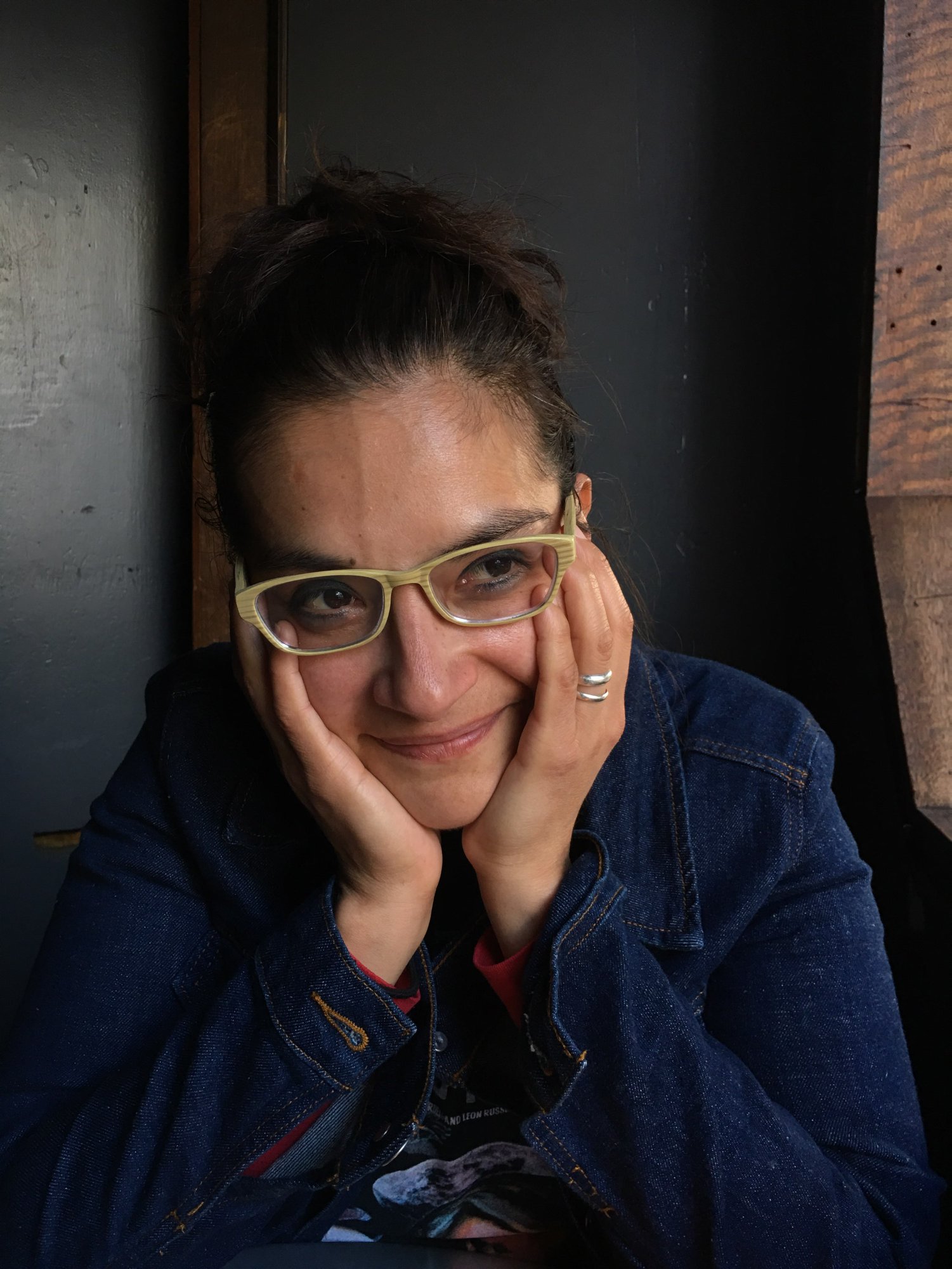
Photo by Peggy Peralta
Lourdes Figueroa was born in Yuba City, California, during a trip her parents made from Mexico to the USA when they worked in the campo tilling the soil. Her work is rooted in migration, what her family lived when they moved to this country. In 2009 and 2011 she attended VONA. In 2012 she completed an MFA with a focus in poetry at USF. Her work has been published in Jack Hirschman’s Poets 11 2008 & 2010, Generations, Eleven Eleven, Something Worth Revising and BACKWORDS Press. She currently works and lives in San Francisco with her wife. yolotl was her first chapbook, published by Spooky Actions. Her chapbook Ruidos=To Learn Speak, written during her Alley Cat Residency, is forthcoming.
Why poetry? What pulls you into the page? What poets first inspired you and who do you return to?
poetry, somehow it found me, or we just crashed into each other, I spent a lot time in the library growing up, specifically when my apá was violent, it was a place of refuge for my amá, she constantly read, she constantly read to us, I read a lot of fiction and still do, but one of the first poets that I stumbled upon was Emily Dickinson, I didn’t quite understand her then, mouthing her English at the time, I was about 11 years old, and in school it was Edgar Allen Poe when I was in 7th grade, I have a very vivid memory of my teacher putting on a record player and having the class put their head down on their desks and I did, I closed my eyes and suddenly there was the story the tell-tale heart, and I am grateful for this, I tear up remembering this, I think it was reading and my amá’s constant love of reading that saved us, at least has kept our hearts and minds this far, and the poets that gave me the language to articulate and write what my experience living what we had lived was Gloria Anzaldúa and Ana Castillo, they continue to do so, and outside of books because the poem exists in sound and story orally the first poets were really my amá and my abuelita chona, their stories nurtured my mind, my heart, and my conception of love
and it is important to note, the poets around me here in San Francisco and the Bay Area, I read everyone I can, and we all should, we are part of a thread that blooms like veins, I feel very lucky to have access to different forms of the word and how it is being passed from person to person, zines, chapbooks, open mics, film, local presses… none of us exist in a vacuum and none of us come into our poetics in a vacuum
the poets that I keep reaching for, or find myself packing into my backpack right now are Rosario Castellanos, Norma Cole, June Jordan, Kim Shuck, I’ve been carrying around Dodie Bellamy and Kevin Killian’s Writers Who Love Too Much which somehow weaves itself with some of Alfred Arteaga’s Chicano Poetics, and This Bridge Called My Back edited and put together by Cherríe Moraga & Gloria Anzaldúa, they all bring the poem back to the body, I have to say we are not an assembly of voices, but thread, threads being weaved into each other, I keep reading Roberto Bolaño, Jorge Luis Borges, García Lorca, Kamau Brathwaite, Adrienne Rich, Audre Lorde, Sor Juana Inés de la Cruz, and more
but the most powerful of voices that are always in my ear are my familia, my amá, my wife, my hermana y mis hermanos, the memories of my abuelita chona smoking her cigarettes and telling stories of her childhood while she planted her flowers and attended to her small garden of roses, tulipanes, mint, manzanillo, oregano, and a small peach tree
What space does/should poetry occupy right now?
the poem is a vessel that articulates our insides, the act of using the word to invoke what is inside and vice versa to bring the outer to the inside, it is revolution in every way, the poem revolts, the poem turns, the poem shatters language, the poem too takes the language of your insides, of your own particular mouth and uses those fragments to further connect us in some way, bringing each other into each other, the poem is everything and nothing with the human breath, the poem is meant to be broken in every way, the body collapses the poem so the poem can be in the body and the body can be in the poem, we need it, we have always needed it since we learned to song with each other, it is more ancient than we realize, existing in its’ own way in different languages, terrifying and beautiful, asking what’s this, what’s life, which one is this one? I am another yourself/ In Lak’ech
Name some poets you’re really excited about right now. Who do you have on your shelf/in your ear/on your mind?
the poets to be on the lookout for are each other, with my whole heart I believe in each other, we must read each other, elevate each other’s voices, support each other, never apologize for our sound, no one sound is the one, we must embrace each other’s sound, read widely with intention or with pleasure or with love or with pain, but read
Breath is the first word that comes to my mind when I think of your work. When I read your poetry, it has such a beautiful, hypnotic quality, and I always feel like I’m returning to the deepest level of being. How do you inhabit your poet self? What is your work’s center right now?
my works’ center continues to be the gut, the lung, the throat, el corazón, the communal, we are meant to sing in some form, all of us, everything is made this way, it is the nature of this reality, as we love whatever it is, love whomever it is, we are in movement, we are in creation with each other, in constant revelation with each other, this is duende, this is how the sun loves us
What projects have you been involved with recently, and what do you have planned?
Current projects I’m involved in are: I’m in the heart of putting together my second chapbook, Ruidos = To Learn Speak, that I am doing with the Alley Cats Residency here in San Francisco. I am putting together my first poetry workshop that I will launch in January with South of Market Community Action Network, this workshop will seek to create a safe space for the voices of our LGBTQA immigrant community and will be in the heart of the South of Market. Too, I’m about to embark on my second film script, a short film in collaboration with my wife, a story of immigration
What advice do or would you give to a writer just starting out?
I was recently told by a therapist that I have PTSD, no one diagnosis will do, there are layers of trauma that I had no idea how it was affecting my mind, and coping/survival mechanisms I am working through to identify, things that I had refused to name my body names, the poem helps me articulate some of the pain, the body has a way of holding trauma so it can survive, and so does the mind, my memory drops, I drop things, sometimes Peggy will tell me a story about something that happened and I can’t recall anything,
I articulate from a queer brown mouth, a descendant of colonization, from a severely bruised body that refuses to forget her trauma until it is said in some form, a survivor of rape, a survivor of molestation, these things are not me, but things that I lived, these things are a human experience, and all these things are deserving of literature, of poem, of song, this is how we recognize each other…if I were to come across my childhood self, I would hug her and hold her and read to her like my amá did, and take her to the library, and tell her ‘keep going to the library, continue to be kind in all aspects’ to everyone
You can read Lourdes Figueroa’s work in the sixth issue of Night Music Journal, which will be released November 18th.
Presenting NMJ Volume 5
Contributors: Featured Writer Sayuri Ayers, Katherine Fallon, Jacob Kobina Ayiah Mensah, Stephanie Valente, Grace Yannotta, V.S. Ramstack, Bruce McRae, Sean Johnson, Kylie Ayn Yockey, Margarita Serafimova, Megha Sood, Paul Ilechko, Alexandra Corinth, Lindsey Warren, Jacob Hammer, Brigid Hannon, RC deWinter, Lucas Wildner, Alana Hayes, Stephen Mead, Jeanette Salib, DS Maolalai, Matthew Dube
Lunar Notes: An Interview with Featured Writer Sayuri Ayers

Sayuri Ayers is a native of Columbus, Ohio. Her work has appeared or is forthcoming in Entropy, The Pinch, Hobart, Ghost City Review, and others. In 2016, Green Bottle Press released her chapbook Radish Legs, Duck Feet. Haunt her at sayuriayers.com.
Why poetry? What pulled you in, and who was the very first poet you read/heard who just clicked?
Poetry is strange and lovely. It’s a beast in a jeweled box. Through poetry, there are infinite ways to engage the reader through imagery, tone, sound, and use of white space.
The first book of poetry I read was by Sharon Olds. I discovered Satan Says in the basement of my college’s library. As a science major, I was taking a poetry class as an elective. I remember sinking to the floor in awe as I read Old’s poem, “Monarchs.”
As I’ve gotten older, I’ve gravitated towards Li-Young Lee’s poetry, especially his collections Rose and Book of My Nights. What I admire most about Lee’s work is its ability to transport the reader through striking imagery.
If you were the last person on earth, and you pulled the last book from a pile of ash and cinders, what do you hope it would be? Why?
I absolutely love the book of Ecclesiastes. The questions about existential meaning are essential, especially for the last person on earth.
What space does/should poetry occupy right now?
The expansion of poetry into the hybrid forms has been fascinating to watch. The subversion of genres speaks to the shifting of cultural and political borders. I can’t wait to see how poetry will demand more space and transform personal and public landscapes.
What was the first piece you ever had published? Are you the same person who wrote it, and if not, how have you changed?
I first published “Garden of Delights” in my college’s literary journal, First Circle. In some ways, I’m still the same person. As a reader and writer, I’m drawn to strong imagery and narrative. Over time, my generous mentors and teachers have taught me to be more critical of my work, and how to better honor the work of other writers.
What are you working on right now? What is the center or focus of your work right now?
I’m working on a hybrid manuscript that weaves prose poetry together with lyric essay. The manuscript navigates the landscape of motherhood and mental illness. I’m focusing on how images can be repeated, then presented in different forms.
Name some poets you’re really excited about right now. Who do you have on your shelf/in your ear/on your mind?
There are so many poets that I’m excited about! I’m currently reading the debut book by Ruth Awad, Set to Music a Wildfire, which chronicles her father’s survival of the Lebanese Civil War. Geoff Anderson is a poet from Columbus, Ohio. He’s one of my favorite writers/people. His collection, Humming Dirges, was recently released by Paper Nautilus. I’ve also been enjoying Li-Young Lee’s newest collection, The Undressing.
What’s the biggest adventure you’ve had so far? What comes next?
My biggest adventure has been becoming a mother. Writing as a parent has been a series of late nights eating ramen over a keyboard and frantically searching diaper bags for lost scraps of poems. My most creative and productive years followed the birth of my son. I wouldn’t trade these years or him for anything.
Next, I’m hoping to mentor future readers and writers. I plan to volunteer at a local elementary school as a reading tutor this coming fall.
What advice would you give a poet just starting out? What advice would you go back and give your younger self?
Shape your writing life according to your goals/purpose as a poet. Take time to celebrate your successes and the successes of others. Read, read, read. Don’t give up.
You can read Sayuri Ayers’ work in the fifth issue of Night Music Journal, which will be released May 17th.
